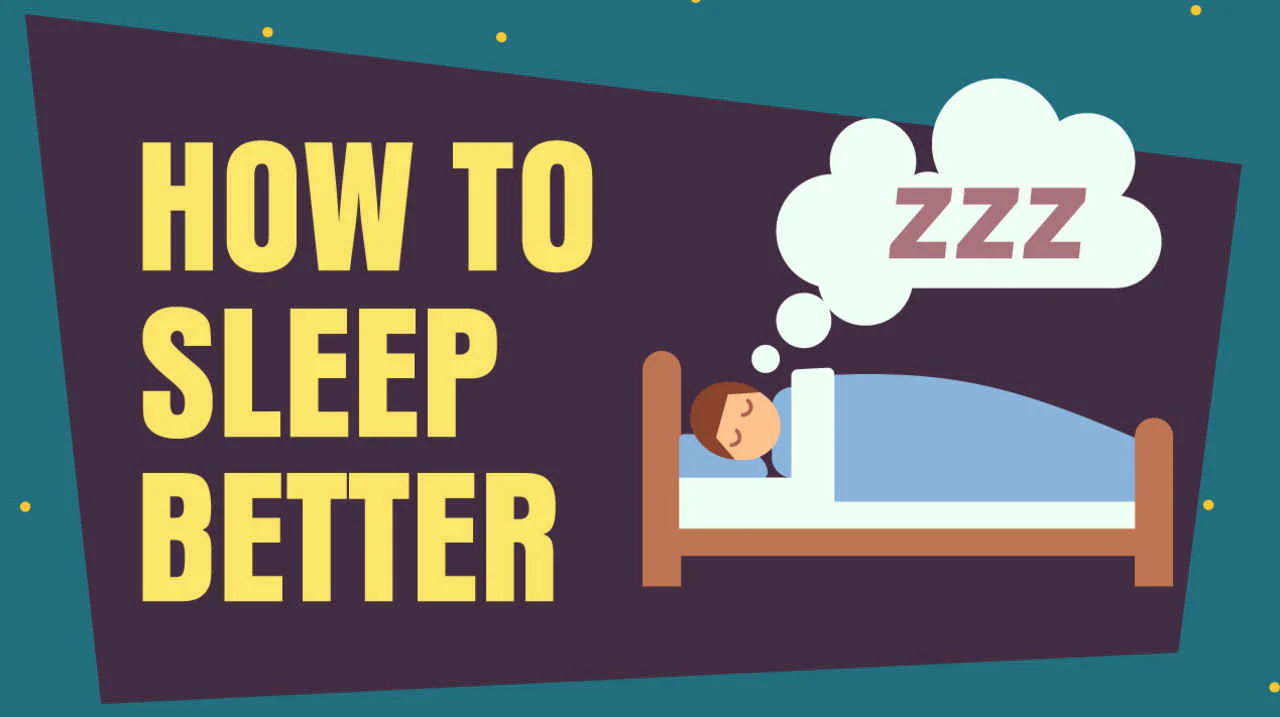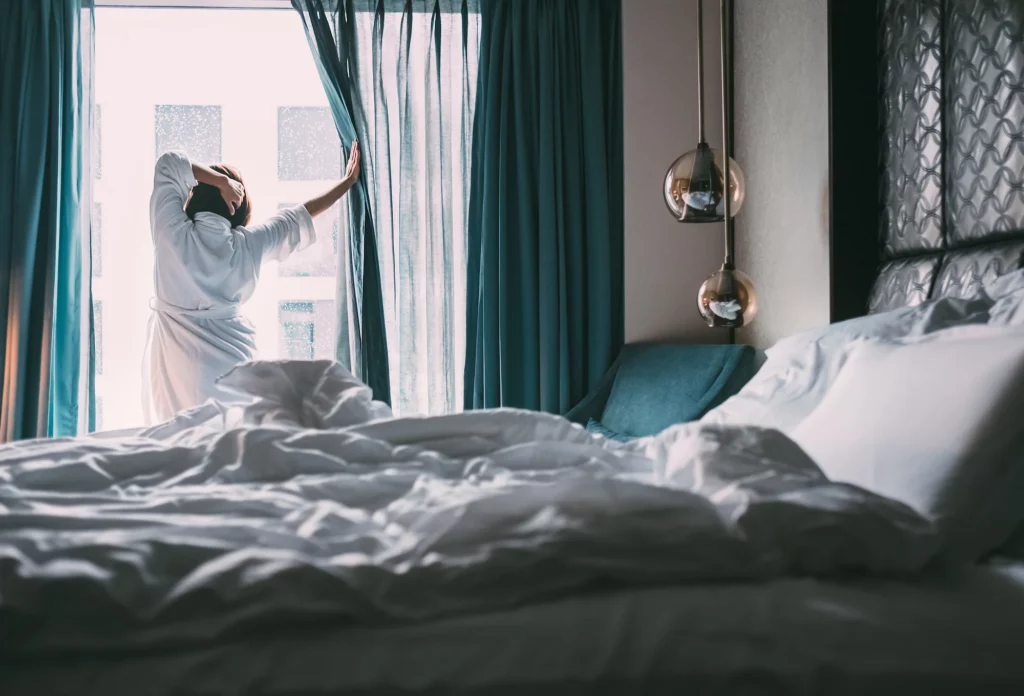Are you struggling to get a good night’s sleep? Do you find yourself tossing and turning, unable to fall asleep or stay asleep? If so, you’re not alone. Many people struggle with sleep issues, and it can have a significant impact on overall health and well-being. The good news is that there are personalized solutions available to help you improve your sleep quality and finally get the rest you deserve. One of the most effective tools in discovering your sleep type and finding the right solutions is a sleep test. In this article, we will explore the importance of sleep, the different sleep types, the role of a sleep test, and how to interpret your sleep test results to find personalized solutions for better sleep.
Understanding the Importance of Sleep
Sleep is not just a time for rest and relaxation; it is a vital function that is essential for overall health and well-being. During sleep, our bodies repair and rejuvenate, and our brains process information and consolidate memories. Lack of quality sleep can have a profound impact on our physical and mental health, affecting everything from our immune system to our ability to concentrate and make decisions.
Furthermore, the stages of sleep play a crucial role in different bodily functions. There are two main types of sleep: rapid eye movement (REM) sleep and non-REM sleep. REM sleep is where most dreaming occurs, and it is essential for cognitive functions such as learning and memory. Non-REM sleep is divided into three stages, with each stage contributing to physical restoration and growth. It’s during these stages that the body repairs tissues, builds bone and muscle, and strengthens the immune system.
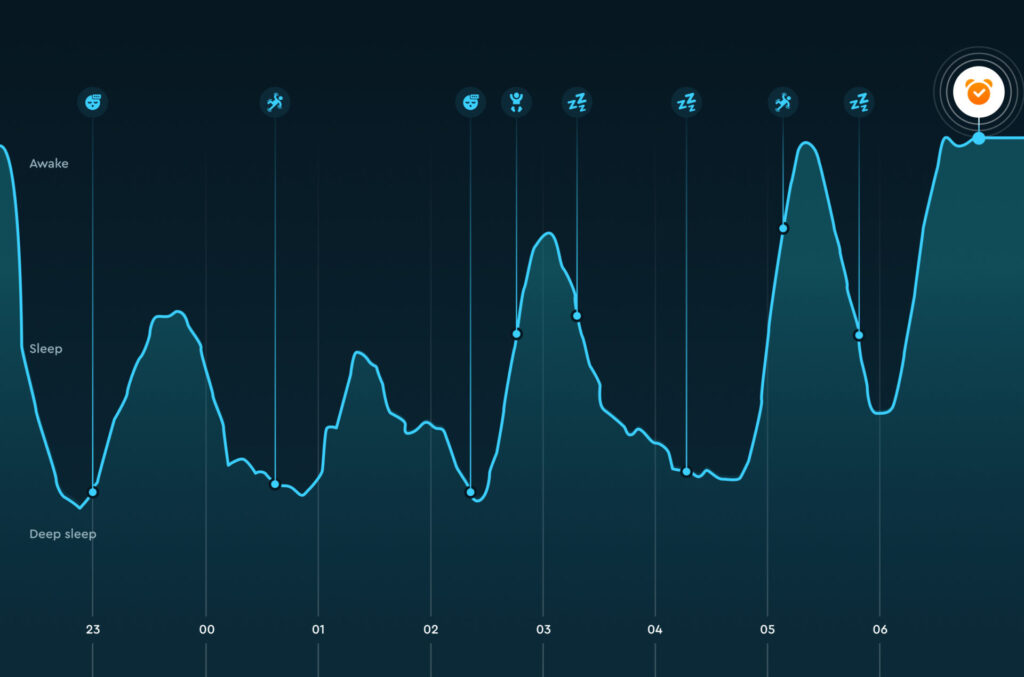
The Science Behind Sleep
Sleep is a complex process that is regulated by our internal body clock, also known as the circadian rhythm. This internal clock dictates our sleep-wake cycle, telling us when it’s time to sleep and when it’s time to wake up. It is influenced by various factors, including light exposure, melatonin levels, and sleep debt.
Moreover, the regulation of sleep is closely tied to the production of hormones such as cortisol and melatonin. Cortisol, known as the stress hormone, helps regulate the sleep-wake cycle and responds to stressors in the environment. Melatonin, often referred to as the sleep hormone, is produced in response to darkness and helps signal to the body that it’s time to sleep.
Why Quality Sleep Matters
Getting enough quality sleep is crucial for our bodies to function properly. It helps improve our immune system, regulates our metabolism, and supports cognitive functions such as memory, creativity, and problem-solving. Additionally, quality sleep promotes emotional well-being, reducing the risk of mental health issues such as depression and anxiety.
Studies have shown that chronic sleep deprivation can have serious consequences on our health, increasing the risk of conditions like heart disease, diabetes, and obesity. It can also impact our mood, leading to irritability, mood swings, and difficulty managing stress. Prioritizing quality sleep is not just a luxury but a necessity for overall well-being and longevity.
Identifying Different Sleep Types
Not all sleep is created equal. Each person has a unique sleep type, which affects their sleep patterns and preferences. Understanding your sleep type can help you make informed decisions about your sleep habits and optimize your sleep quality.
When it comes to sleep, there is no one-size-fits-all approach. Let’s explore some of the different sleep types and their characteristics.
The Early Bird Sleep Type
Are you someone who naturally wakes up early in the morning feeling refreshed and energized? If so, you may be an early bird sleep type. Early birds tend to go to bed early and wake up early. They thrive in the mornings and may feel sleepy earlier in the evening.
Early birds often find themselves enjoying the peacefulness of the early morning hours. They may use this time for activities such as exercise, meditation, or simply enjoying a quiet cup of coffee. Their bodies align with the rising sun, and they feel most productive during the early part of the day.
The Night Owl Sleep Type
On the other end of the spectrum, we have night owls. Night owls are individuals who have a natural inclination to stay up late and have difficulty waking up early in the morning. They may feel most alert and productive during the evening hours.
Night owls often find inspiration and creativity strike when the world around them is quiet. They may use the late-night hours to work on personal projects, indulge in hobbies, or simply enjoy some quiet time to themselves. Night owls thrive in the stillness of the night and find their energy peaks when others are winding down.
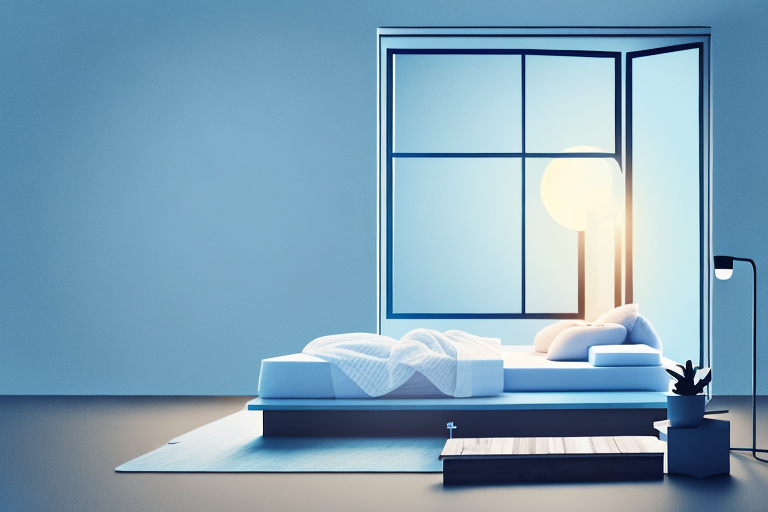
The Insomniac Sleep Type
Insomniacs are individuals who struggle with falling asleep or staying asleep. They often have difficulty relaxing and shutting off their thoughts at night, leading to a prolonged period of wakefulness. Insomnia can be caused by various factors, including stress, anxiety, and medical conditions.
For insomniacs, sleep can feel like an elusive dream. They may toss and turn, trying to find the perfect position that will bring them the rest they desperately need. Insomniacs often find themselves caught in a cycle of exhaustion and frustration, longing for a peaceful night’s sleep.
The Heavy Sleeper Type
Heavy sleepers are individuals who require more sleep than the average person. They tend to sleep deeply and soundly, often needing a longer duration of sleep to feel rested. Heavy sleepers may have difficulty waking up in the morning and may rely on multiple alarms.
For heavy sleepers, the world around them can fade away as they sink into a deep slumber. They may sleep through loud noises, alarms, and even the commotion of a busy household. Heavy sleepers often find themselves needing a few extra minutes (or maybe even hours) to fully wake up and shake off the remnants of their peaceful sleep.
By understanding your sleep type, you can tailor your sleep routine to suit your individual needs. Whether you’re an early bird, a night owl, an insomniac, or a heavy sleeper, embracing your unique sleep type can lead to a more restful and rejuvenating sleep experience.
The Role of a Sleep Test
Now that we have explored the different sleep types, you may be wondering how to identify your sleep type. This is where a sleep test comes in.
Understanding the intricacies of our sleep patterns can be a key factor in maintaining overall health and well-being. By delving deeper into the world of sleep tests, we can uncover a wealth of information about our bodies and minds that may have previously gone unnoticed.
What is a Sleep Test?
A sleep test, also called a polysomnogram, is a diagnostic tool used to evaluate an individual’s sleep patterns and identify any underlying sleep disorders. It typically involves spending a night at a sleep center or using a home sleep testing device that records various physiological parameters while you sleep.
Embarking on a sleep test journey can provide a comprehensive snapshot of your nightly rest, shedding light on potential issues that could be impacting your sleep quality. By undergoing this non-invasive procedure, individuals can gain valuable insights into their sleep health and take proactive steps towards improving their overall well-being.
How Does a Sleep Test Work?
During a sleep test, sensors are placed on your body to monitor brain activity, eye movements, heart rate, breathing patterns, and limb movements. These sensors collect data throughout the night, providing valuable insights into the quality and quantity of your sleep. Sleep specialists analyze this data to determine your sleep type and identify any sleep disorders or issues that may be affecting your sleep quality.
As the night unfolds, a symphony of data is silently gathered, painting a detailed picture of your sleep architecture. This intricate web of information allows healthcare professionals to pinpoint potential disruptions in your sleep cycle and tailor treatment plans to suit your specific needs. By unraveling the mysteries of your sleep patterns through a comprehensive sleep test, you are taking a proactive step towards achieving a more restful and rejuvenating night’s sleep.
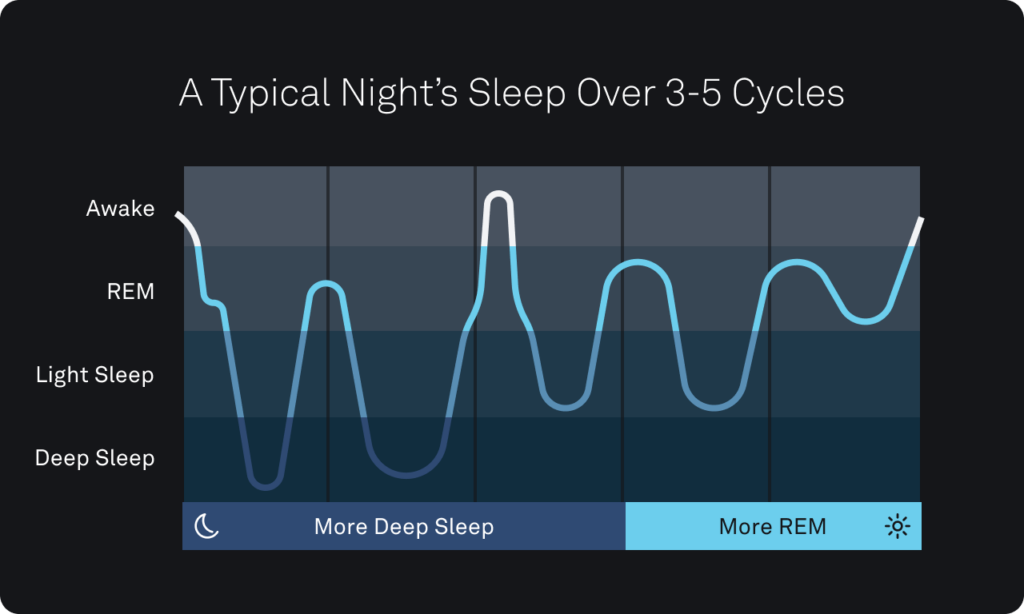
Interpreting Your Sleep Test Results
Once you have completed a sleep test, it is essential to understand how to interpret the results. This will enable you to make informed decisions about lifestyle changes and personalized solutions to improve your sleep.
Interpreting sleep test results involves a comprehensive analysis of various factors beyond just the duration of sleep. It includes evaluating the quality of sleep, identifying any disruptions or abnormalities in sleep patterns, and assessing the overall efficiency of your sleep. By delving deeper into these details, you can gain valuable insights into your sleep health and well-being.
Decoding Sleep Patterns
One of the key aspects of interpreting sleep test results is understanding your sleep patterns. Sleep is divided into several stages, including deep sleep, REM sleep, and light sleep. Deep sleep is important for physical restoration, REM sleep is crucial for cognitive function and dreaming, and light sleep acts as a transition between the two.
Furthermore, analyzing the duration and frequency of each sleep stage can provide valuable information about the quality of your sleep. For instance, an imbalance in the distribution of sleep stages may indicate potential sleep disorders or disturbances that require attention and intervention.
Understanding Sleep Cycles
Sleep is not a continuous state; it occurs in cycles throughout the night. Each sleep cycle typically consists of around 90 minutes and includes all sleep stages. By understanding your sleep cycles, you can optimize your sleep by waking up at the end of a cycle, when you are in a lighter sleep stage.
Moreover, recognizing the importance of sleep cycles in regulating various physiological functions, such as hormone secretion, memory consolidation, and immune system maintenance, underscores the significance of aligning your sleep patterns with these natural rhythms. By synchronizing your waking hours with your sleep cycles, you can enhance the overall quality of your sleep and promote better health outcomes in the long run.
Personalized Solutions for Better Sleep
Armed with the knowledge of your sleep type and the insights from your sleep test results, you can now implement personalized solutions to improve your sleep quality.
Tailoring Your Sleep Environment
Your sleep environment plays a crucial role in promoting quality sleep. Create a sleep-friendly environment by ensuring your bedroom is cool, dark, and quiet. Invest in a comfortable mattress and pillows that support your sleep preferences.
Sleep Hygiene for Different Sleep Types
Each sleep type may have different sleep hygiene needs. Early birds may benefit from establishing a consistent sleep schedule and avoiding caffeine in the afternoon and evening. Night owls may find incorporating relaxation techniques before bed helpful in promoting sleep. Insomniacs may benefit from practicing relaxation exercises and implementing a wind-down routine before sleep. Heavy sleepers may need to set multiple alarms and create a gradual wake-up routine.
Lifestyle Changes for Improved Sleep
In addition to sleep hygiene practices, making lifestyle changes can have a significant impact on sleep quality. Regular exercise, managing stress levels, and practicing good nutrition can all contribute to better sleep. Consulting with a healthcare professional or sleep specialist can provide further guidance tailored to your sleep type and individual needs.
By taking the time to discover your sleep type and utilizing a sleep test to gain insights into your sleep patterns, you can make meaningful changes to improve your sleep quality. Remember, quality sleep is an essential pillar of overall health and well-being, and personalized solutions are available to help you on your journey to better sleep.
More to read: Adelaide Sleep Apnea Test to Get Accessible Solutions for Quality Sleep


